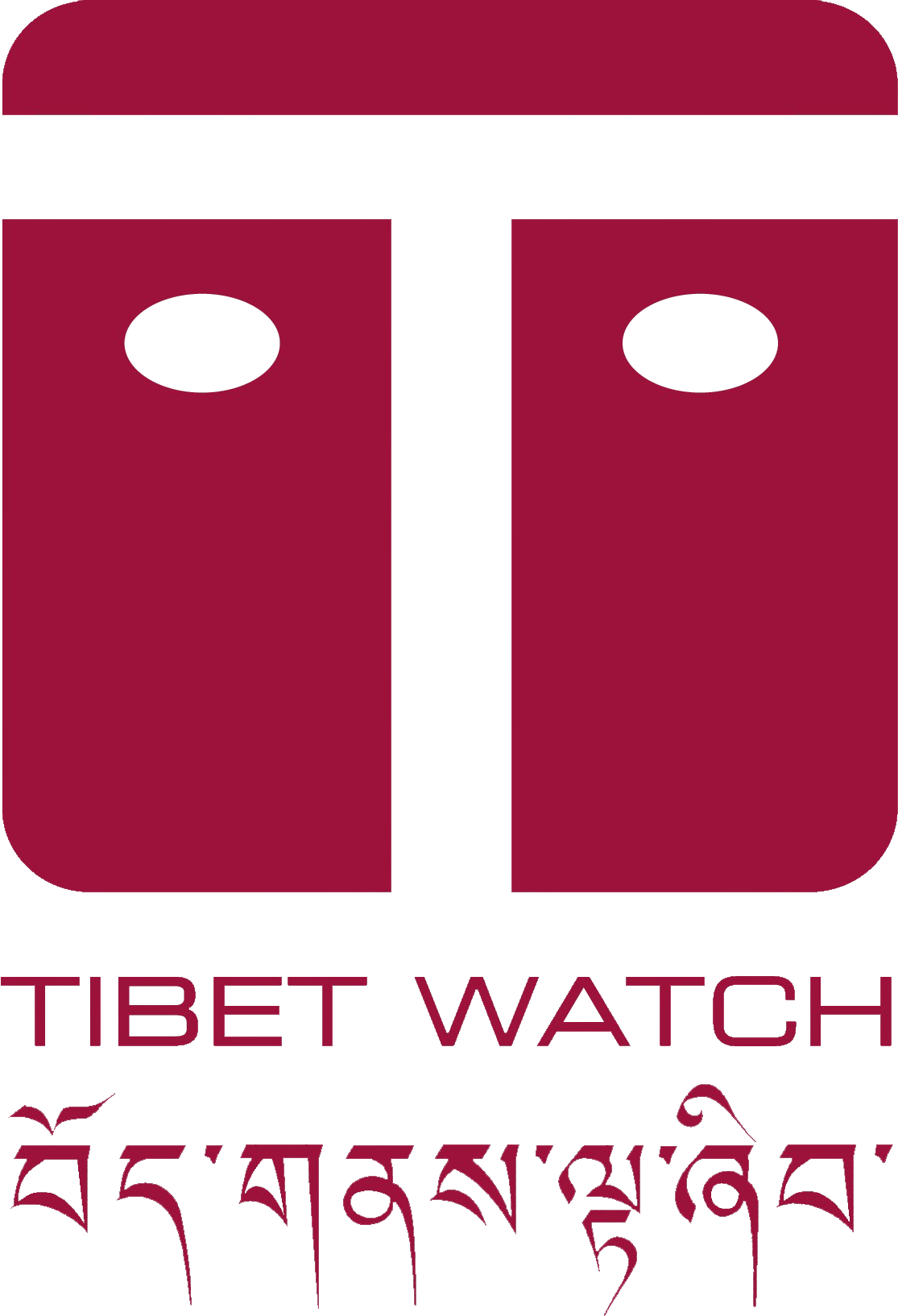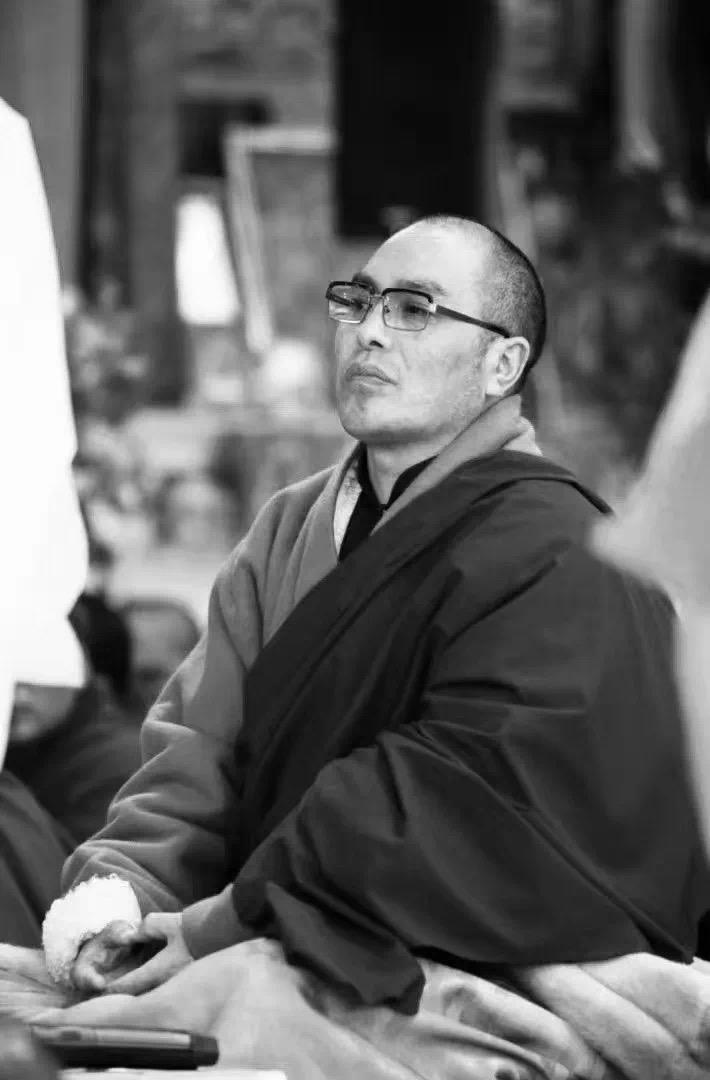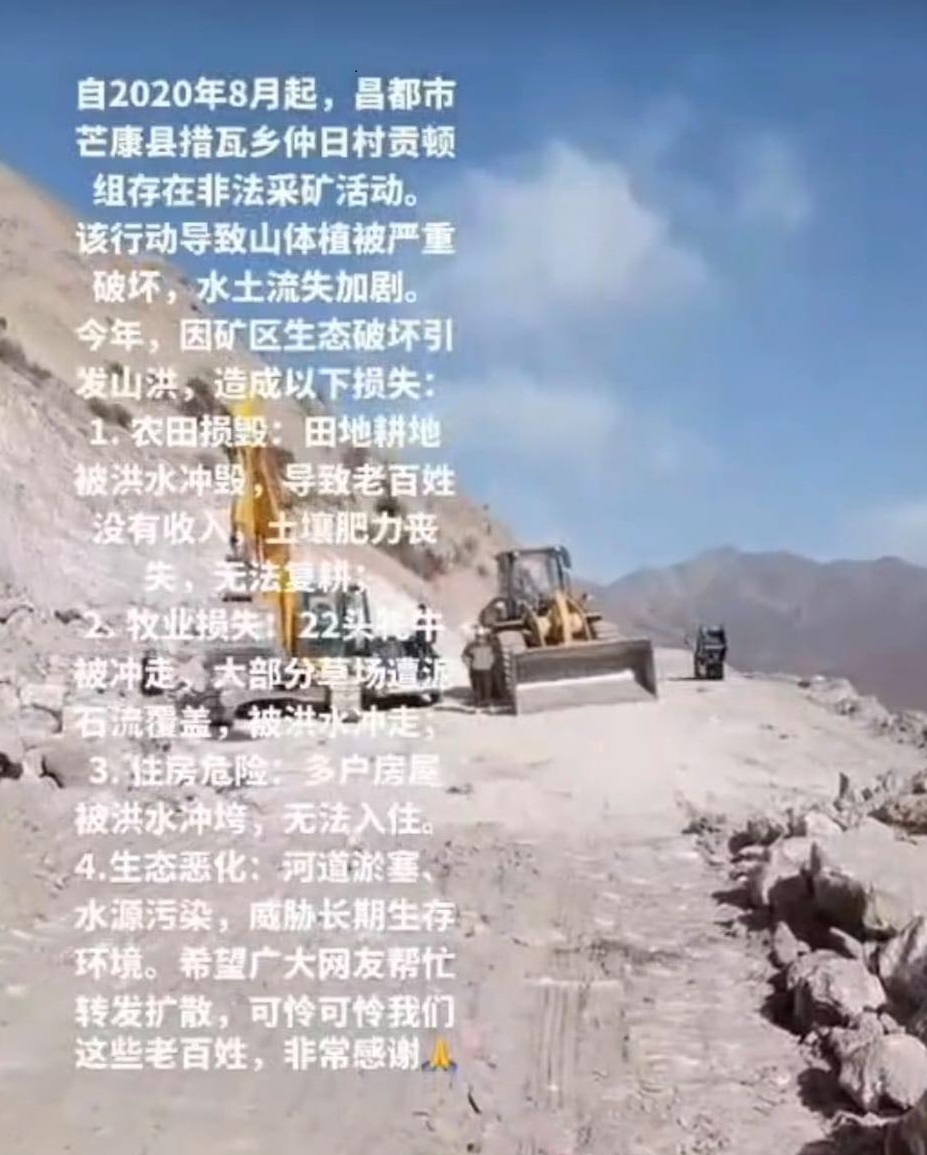
The Chinese government has told citizens of Qinghai province in north eastern Tibet they could face up to eight years in prison if caught sharing illegal content on a popular communications app called WeChat.
The instruction, which was broadcast on 27 August through a Chinese state run website, banned a range of activities on WeChat like publishing and sharing ‘illegal information’ which endangers the state and the Chinese Communist Party.
Activities deemed illegal include sharing sensitive political information, believing and sharing rumours, sharing news about Taiwan, Macao and Hong Kong before officially reported by state media, and participating in democratic activity like canvassing.
The message called for stronger monitoring and management of WeChat groups, warning citizens that groups with ten or more members are under constant surveillance and users shouldn’t risk sharing sensitive content in them.
Publication of illegal material could mean a prison sentence of between one and eight years, the notice said.
Group administrators and individual users were advised to follow the rules at once, while administrators were warned they could be held responsible for content that others post in their chats.
Those who don’t comply face government legal action as part of Beijing’s ongoing nationwide crackdown against “underworld forces” that is happening across China, and which Human Rights Watch has labelled a government drive to consolidate power.
On 2 October 2017 a Qinghai news outlet, the Xinning Evening News reported the government was giving compulsory training to 248 Tibetan WeChat group administrators in Zeku County, Tibet Autonomous Region.
They were reportedly told to block illegal content related to Tibetan independence, violent terrorism and rumours.
The list of ten rules from the recent 27 August instruction are below:
1)Don’t share sensitive political information.
2)Don’t believe and send rumours.
3)Don’t share internal documents.
4)Don’t send pornography or content with drugs and explosions.
5)Don’t share information related to Hong Kong, Taiwan and Macao before Chinese media officially reports it.
6)Don’t share military information.
7)Don’t share secret intelligence about the state.
8)Don’t participate in any form or unverified fundraising.
9)Don’t engage in small democratic programs or canvassing.
10)Obey the law.






